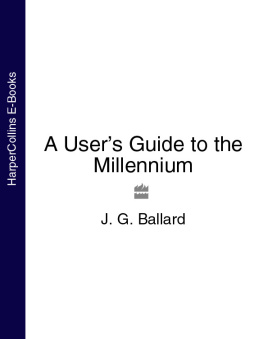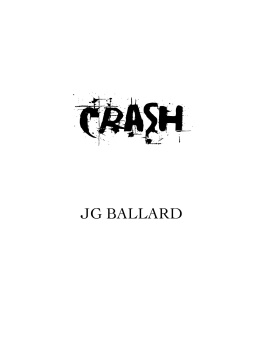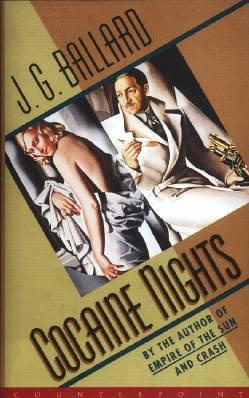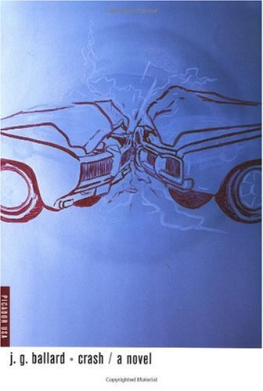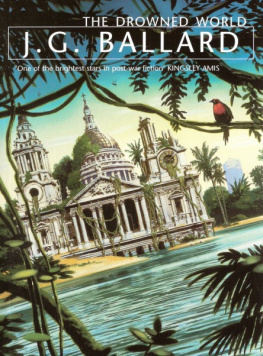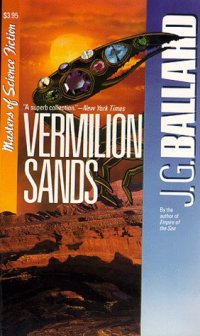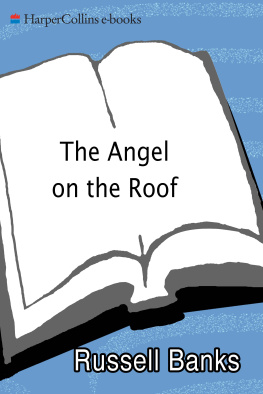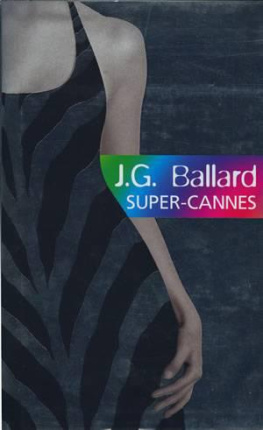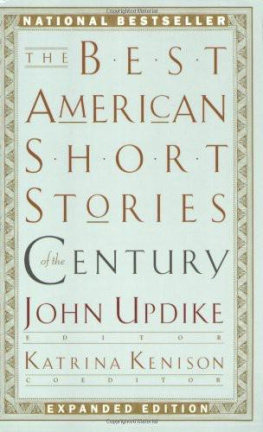Grizli777@page { margin-bottom: 5.000000pt; margin-top: 5.000000pt; }
J.G. Ballard
The Complete Short Stories
For the first time in one volume, the complete collected short stories by the author of _Empire of the Sun_ and _Super-Cannes_ - regarded by many as Britain's No 1 living fiction writer.
With sixteen novels over four decades from _The Drowned World_ in 1962 to the controversial _Crash_ in 1973, the award winning, semi- autobiographical _Empire of the Sun_ in 1984 and his recent Sunday Times bestseller _Super-Cannes_ - J.G. Ballard is firmly established as one of Britain's most highly regarded and most influential novelists.
Throughout his remarkable career, he has won equal praise for his ground-breaking short stories, which he first started writing during his days as a medical student at Cambridge. In fact, it was winning a short story competition that gave him the impetus to become a full-time writer.
His first published works, 'Prima Belladonna' and 'Escapement', appeared in Science Fantasy and New Worlds in 1956. Ever since, he has been a prolific producer of stories, which have been published in numerous magazines and several separate collections, including _The Voices of Time_, _The Terminal Beach_, _The Disaster Area_, _The Day of Forever_, _Vermilion Sands_, _Low-Flying Aircraft_, _The Venus Hunters_, _Myths of the Near Future_ and _War Fever_.
Now, for the first time, all of J. G. Ballard's published stories - including four that have not previously appeared in a collection - have been gathered together and arranged in the order of original publication, providing an unprecedented opportunity to review the career of one of Britain's greatest writers.
J.G. Ballard was born in 1930 in Shanghai, China, where his father was a businessman. Following the attack on Pearl Harbor, he and his family were placed in a civilian prison camp. They returned to England in 1946.
After reading Medicine at Cambridge for two years, he worked as a copywriter and Covent Garden porter before going to Canada with the RAF. His first short stories appeared in 1956, and after working on scientific journals he published his first major novel, _The Drowned World_, in 1962. His acclaimed 1984 novel _Empire of the Sun_ won the Guardian Fiction Prize and the James Tait Black Memorial Prize, and was shortlisted for the Booker Prize. It was later filmed by Steven Spielberg. His 1973 novel _Crash_ was also made into a film, directed by David Cronenberg.
J. G. Ballard's most recent novels are _Cocaine Nights_ and _Super- Cannes_.
CONTENTS
Introduction
Prima Belladonna
Escapement
The Concentration City
Venus Smiles
Manhole
Track 12
The Waiting Grounds
Now: Zero
The Sound-Sweep
Zone of Terror
Chronopolis
The Voices of Time
The Last World of Mr Goddard
Studio 5, The Stars
Deep End
The Overloaded Man
Mr F. is Mr F.
Billennium
The Gentle Assassin
The Insane Ones
The Garden of Time
The Thousand Dreams of Stellavista
Thirteen to Centaurus
Passport to Eternity
The Cage of Sand
The Watch-Towers
The Singing Statues
The Man on the 99th Floor
The Subliminal Man
The Reptile Enclosure
A Question of Re-Entry
The Time-Tombs
Now Wakes the Sea
The Venus Hunters
End-Game
Minus One
The Sudden Afternoon
The Screen Game
Time of Passage
Prisoner of the Coral Deep
The Lost Leonardo
The Terminal Beach
The Illuminated Man
The Delta at Sunset
The Drowned Giant
The Gioconda of the Twilight Noon
The Volcano Dances
The Beach Murders
The Day of Forever
The Impossible Man
Storm-Bird, Storm-Dreamer
Tomorrow is a Million Years
The Assassination of John Fitzgerald Kennedy Considered as a Downhill
Motor Race
Cry Hope, Cry Fury!
The Recognition
The Cloud-Sculptors of Coral D
Why I Want to Fuck Ronald Reagan
The Dead Astronaut
The Comsat Angels
The Killing Ground
A Place and a Time to Die
Say Goodbye to the Wind
The Greatest Television Show on Earth
My Dream of Flying to Wake Island
The Air Disaster
Low-Flying Aircraft
The Life and Death of God
Notes Towards a Mental Breakdown
The 60 Minute Zoom
The Smile
The Ultimate City
The Dead Time
The Intensive Care Unit
Theatre of War
Having a Wonderful Time
One Afternoon at Utah Beach
Zodiac 2000
Motel Architecture
A Host of Furious Fancies
Memories of the Space Age
Myths of the Near Future
Report on an Unidentified Space Station
Answers to a Questionnaire
The Man Who Walked on the Moon
The Secret History of World War 3
Love in a Colder Climate
The Enormous Space
The Largest Theme Park in the World
War Fever
Dream Cargoes
A Guide to Virtual Death
The Message from Mars
Report from an Obscure Planet
INTRODUCTION
Short stories are the loose change in the treasury of fiction, easily
ignored beside the wealth of novels available, an over-valued currency
that often turns out to be counterfeit. At its best, in Borges, Ray
Bradbury and Edgar Allan Poe, the short story is coined from precious
metal, a glint of gold that will glow for ever in the deep purse of your imagination.
Short stories have always been important to me. I like their snapshot quality, their ability to focus intensely on a single subject. They're also a useful way of trying out the ideas later developed at novel length. Almost all my novels were first hinted at in short stories, and readers of The Crystal World, Crash and Empire of the Sun will find their seeds germinating somewhere in this collection.
When I started writing, fifty years ago, short stories were immensely popular with readers, and some newspapers printed a new short story every day. Sadly, I think that people at present have lost the knack of reading short stories, a response perhaps to the baggy and long- winded narratives of television serials.
Young writers, myself included, have always seen their first novels as a kind of virility test, but so many novels published today would have been better if they had been recast as short stories. Curiously, there are many perfect short stories, but no perfect novels.
The short story still survives, especially in science fiction, which makes the most of its closeness to the folk tale and the parable. Many of the stories in this collection were first published in science fiction magazines, though readers at the time loudly complained that they weren't science fiction at all.
But I was interested in the real future that I could see approaching, and less in the invented future that science fiction preferred. The future, needless to say, is a dangerous area to enter, heavily mined and with a tendency to turn and bite your ankles as you stride forward. A correspondent recently pointed out to me that the poetry-writing computers in Vermilion Sands are powered by valves. And why don't all those sleek people living in the future have PCs and pagers?
I could only reply that Vermilion Sands isn't set in the future at all, but in a kind of visionary present - a description that fits the stories in this book and almost everything else I have written. But oh for a steam-powered computer and a wind-driven television set. Now, there's an idea for a short story
--J.G. Ballard, 2001
Prima Belladonna
I first met Jane Ciracylides during the Recess, that world slump of boredom, lethargy and high summer which carried us all so blissfully through ten unforgettable years, and I suppose that may have had a lot to do with what went on between us. Certainly I can't believe I could make myself as ridiculous now, but then again, it might have been just Jane herself.


